Some words that we use as a matter of course carry much more weight than we imagine. Place is such a word.
In a purely geographical sense, a place is nothing more than a location that can be pinned on your phone’s GPS. In this case you might say, “This is where I am.”
In a vocational sense, place can refer to a culture, a role, or a position. When you get a new job in a new company you might find yourself saying things like, “I fit in here,” or “This new opportunity is a good fit for me.”
In a relational sense, placeis no longer defined primarily by coordinates but by people. When you find people in a particular place who accept you fully, love you unconditionally, and allow you to reciprocate in kind, you likely will say, “I belong here.”
It’s not a stretch, then, to conclude that finding the right places in life contributes significantly to the quality of your life. But this begs the question: How do we arrive at these places in our lives? Three ways readily come to mind.
We are assigned some places
At birth we are assigned to a family and a place called home. Educationally, we are not only assigned our seats alphabetically, but also the teachers we will have, and the schools we will attend. The places of men and women, or members of a particular race or ethnicity are culturally assigned. Religiously, we can be assigned to a heritage, a caste, a heaven, or a hell.
Unfortunately, some of the places to which we are assigned may, in fact, create significant limitations on our life, liberty, and pursuit of happiness. It’s no wonder, then, that in those places we most often feel out of place.
We can earn places
Through hard work, grit, and a little pluck, it’s possible to stack one accomplishment on top of another. Before long we have carved out a place in the public square where we can lean on our own standing. The only trouble with the places we earn is that they are temporary. If we can earn them, we can lose them, or someone else can take them from us. Eventually one or more of the variables of competence, relevance, and age will catch up to all of us, and once again we will feel out of place.
We choose places
Based on our self-knowledge and awareness, we can make a wide range of choices today—where to live, worship, work, and play. Choosing these places wisely leads us to a sense of shalom that is expressed whenever we declare, “Ah, I’m truly at home here.”
It would be easy to wrap up this short excursus on places right here, but if I did, you might miss the most rewarding and soul-filling place of all—the place you find. For most of your life you may not have even been aware that it exists. Or that you need it. Or that it is even a possibility. But I’m here to tell you that you’ll discover the deepest sense of belonging and purpose when you find your place in God’s grand and magnificent story of the creation and renewal of all things—including you.
***
Finding Your Place in God’s Great Story introduces you to the major themes and key figures in the Bible to help you better understand the gospel message and how to apply it to your life. You will also experience the subplots that run throughout the Bible and gain a deeper appreciation of God’s Word and his immeasurable love for you.
Also, moms, look for Finding Your Place in God’s Great Story for Kids (ages 8-12) and Finding Your Place in God’s Great Story for Little Ones (ages 4-7).

Leave a Reply